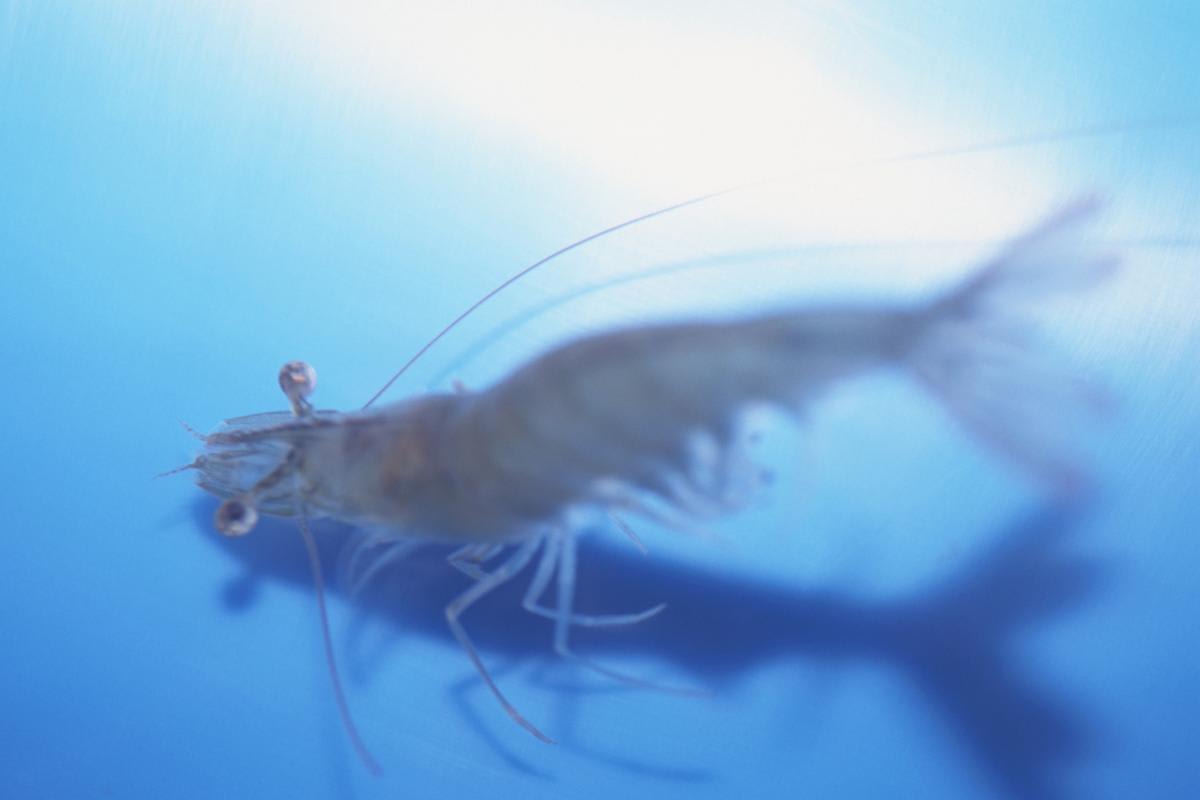Several Imported Shrimp Products Recalled Nationwide Due to Potential Radiation Exposure

Until the late 19th century, Indonesia’s air was pure, its waters fresh and flanked by the pristine green arms of mangrove forests. When describing it at that time, a Dutch writer called the Southeast Asian nation the “emerald gem” of the equator. Even till today, dozens of fisherman wake up each day to gather at its tidal pools, lagoons, lakes, and coral reefs, to set up bamboo traps. By the end of the day, their traps are hogging with bulks of shrimp, crustaceans, and fish, the only source of income they derive by selling these to protein-seeking urban-dwellers. These days, however, this seafood protein is coming at a heavy price. According to a report released by the FDA, a company has issued product recall for a shrimp product, due to a possible contamination with radioactive chemical.

The recalled shrimp products are believed to be contaminated with Caesium-137, a hazardous radioactive isotope, commonly used in making medical devices. And although Indonesia itself has no nuclear power plant of its own, the chemical has already found several ways to seep inside its environment. One is through the wind. The radioactive dust hoarded up in sites like Fukushima and Chernobyl from historic nuclear disasters, often gets lifted up by winds. As these winds barrel into the skies of Indonesia, they mingle with its air, soil, even settling down in the lake sediments. When sea creatures like fish or shrimp much down the sediment to eat smaller creatures, their bodies absorb the radioactive chemical.

The contamination doesn’t become apparent immediately, but over time, the bioaccumulation of it turns the bodies of these little wiggly creatures into tiny-sized nuclear bombs. The mystery, according to NIH, lies in a mimicry trick. Caesium tends to mimic potassium, an element essential for the growth of muscles and tissues. The mimicry deceives and the shrimp's body allows the chemical to seep inside it, which triggers a deadly chain of biological reactions. When eaten in large quantities, these little radioactive bombs, disguised as shrimp, can provoke a destructive trophic effect on the human body, leading to cancer and sometimes, death.
Since Indonesia sits on the “Ring of Fire,” sometimes the radioactive chemicals enter its atmosphere through volcanic eruptions that scoop up the chemical from Earth’s crust and eject it upwards. In this case, caesium likely entered the waters through a steel recycling plant, where smelted scrap metal released radioactive gases and dust. As this dust billowing from the smokestacks came in contact with air and water, the shrimp digested it, becoming contaminated. According to The Guardian, over 22 factories in Indonesia have already been tested for radioactive emissions.

Seattle-based Aquastar Corp. issued the recall for frozen raw shrimp sold by Publix, imported from Indonesia. The recall was issued under three product categories: Food & Beverages, Shellfish, Foodborne Illness, each in 1 to 5-pound packages. “Product may have been prepared, packed, or held under conditions whereby they may have become exposed to very low levels of cesium-137 (Cs-137),” FDA wrote, as the reason for recall. So far, none of the products have been tested positive for Caesium and none of the illnesses has been reported among the customers.

The recall, they mentioned, is issued only “out of a preponderance of caution.” In an earlier conversation with NewsNation, on YouTube, Doctor Omer Awan from the University of Maryland, shared that caesium typically doesn’t harm the body in the short term. But if someone is eating much more than just two or three pieces, the cumulative or repetitive exposure can prove to be deadly. Consumers who have already purchased this product are requested not to consume it and return it to the place of purchase for full refund. Consumers with questions may contact AquaStar at 1-800-331-3440.
More on Green Matters
Publix Issues Voluntary Recall of Popular Vanilla Ice Cream in 6 States — Warns of Allergy Risks
Massachusetts Officials Warn Public About a Dangerous Contamination in Their Drinking Water
How Contaminated Is the Beach You’re Visiting? Scientists Just Invented a Simple Tool to Detect This